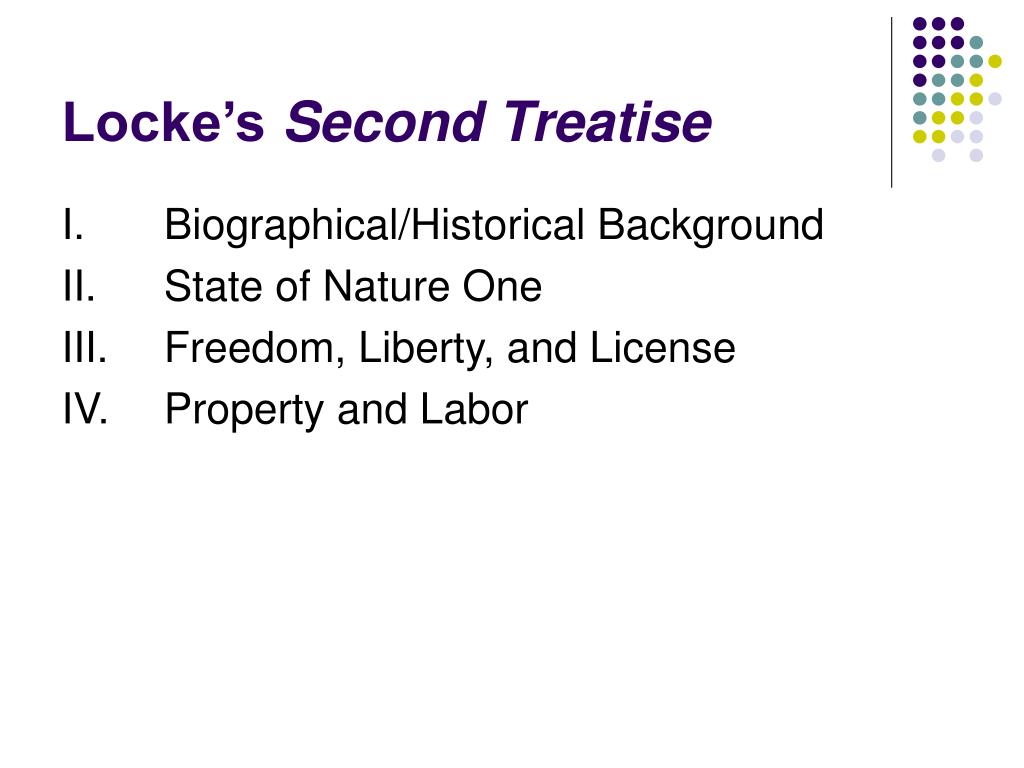The second treatise of government Download the second treatise of government or read online books in PDF, EPUB, Tuebl, and Mobi Format. Click Download or Read Online button to get the second treatise of government book now. This site is like a library, Use search box in the widget to get ebook that you want. Two Treatises Of Government. Second Treatise of Government by John Locke in CHM, DOC, EPUB download e-book. Georgia bold free font download. Welcome to our site, dear reader! All content included on our site, such as text, images, digital downloads and other, is the property of it's content suppliers and protected by US and international copyright laws. The Second Treatise of Government by John Locke in DJVU, EPUB, TXT download e-book. Welcome to our site, dear reader! All content included on our site, such as text, images, digital downloads and other, is the property of it's content suppliers and protected by US and international copyright laws. The Second Treatise is one of the most important political treatises ever written and one of the most far-reaching in its influence. The text for this edition is derived from the sixth edition of 1764. This web edition published by eBooks@Adelaide. Last updated Wednesday, December 17, 2014 at 14:18. To the best of our knowledge, the text of this work is in the “ Public Domain ” in Australia. HOWEVER, copyright law varies in other countries. Two Treatises of Government/23 any one can find out, that there is meant any monarchical power of one man over another, but only the dominion of the whole species of man- kind over the inferior species of creatures, he may, for aught I know, deserve to be one of sir Robert’s monarchs in habit, for the rareness of the discovery.
Locke Second Treatise of Government. The legislature is the lawmaking part of the government. There are 2 parts, first, the legislature must govern by laws that are equal and non-arbitrary; and, secondly, these laws must be designed with no other purpose than the good of the people.
In this book, Kathleen Arnold analyzes the role of the state’s “prerogative power” in creating and sustaining this condition of severe inequality for the most marginalized sectors of our population in the United States. Drawing on a wide range of theoretical literature from Locke to Marx and Agamben (whose notion of “bare life” features prominently in her construal of this as a “biopolitical” era), she focuses attention especially on the values of asceticism derived from the Protestant work ethic to explain how they function as ideological justification for the exercise of prerogative power by the state.
As a counter to this repressive set of values, she develops the notion of “authentic love” borrowed from Simone de Beauvoir as a possible approach for dealing with the complex issues of exploitation in liberal democracy today.
- by Katy Arnold
- •

- by Ahmad Sohail Ludin
- •
- by Shahram Arshadnejad
- •
- by Sophamonyoudom Prom
- •
- by Marco Marsili
- •
theology.
- by Ismail Kurun
- •
- by Giorgi Areshidze
- •
- by Cesare Cuttica
- •
- 19
- by Karl Axelsson
- •
- by Chris Carr
- •
- by Sean Hannan
- •
The book is available in paperback and Kindle e-book editions at Amazon websites throughout the world. The paperback is also available at some other websites and bookstores.
See also my YouTube channel (https://www.youtube.com/channel/UCOlUZaehYk7WmwW8v9oBMzQ) about Roger Williams, including an interview (https://youtu.be/mGRl5lIbdYY) with me about this book.
For Errata and Supplemental Comments, see the separate document uploaded at https://www.academia.edu/13798228/Errata_and_Supplemental_Comments_to_The_First_American_Founder_Roger_Williams_and_Freedom_of_Conscience.
Alan E. Johnson
- by Alan E . Johnson
- •

- by Alan Lopez
- •
- by David Lay Williams
- •
- by Gergely Raccuja
- •
Locke's Second Treatise
The essay consists of 3 main parts:
I. Liberalism: Live and Let Live
II. Liberty and Private Property
III. The Will of the Majority: From the Advancement of the Public Good to Democratic Despotism
John Locke Second Treatise Of Government
- by Angel Versetti
- •